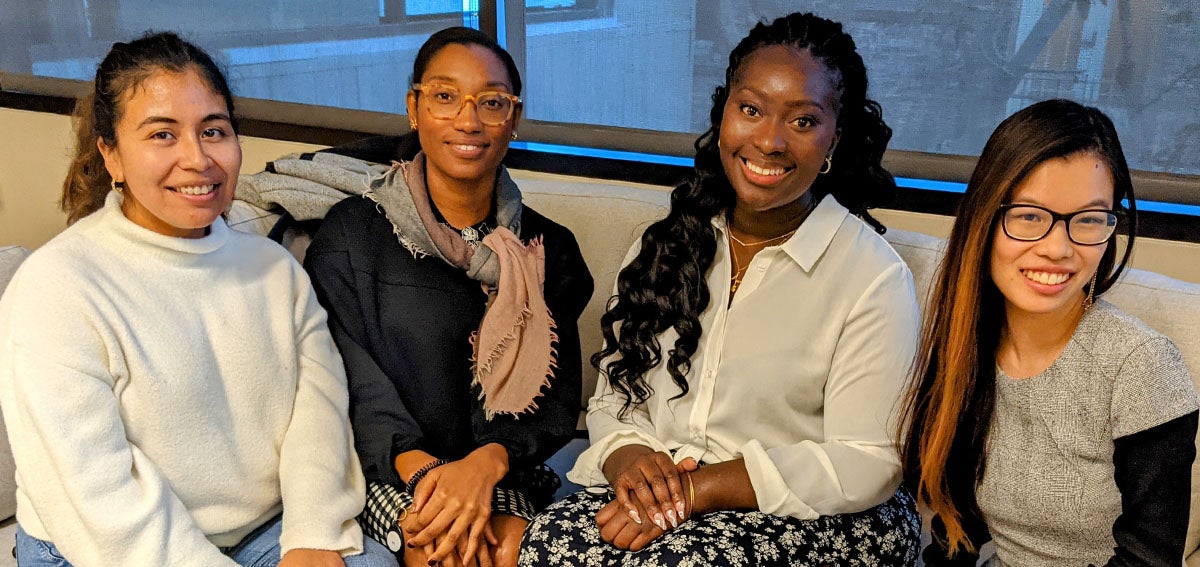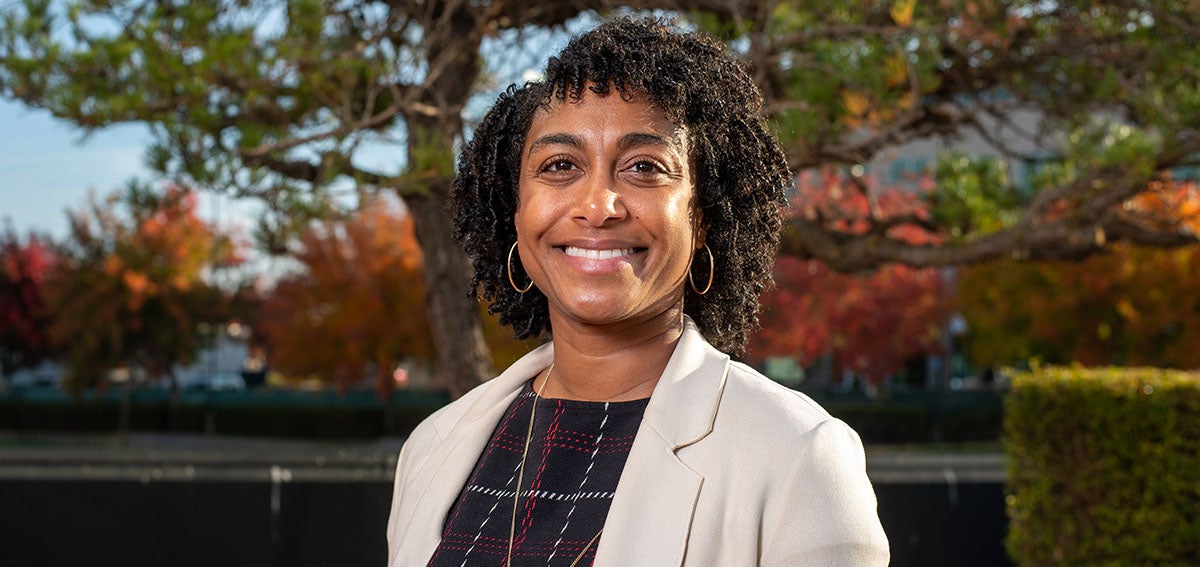View the Report
Jump to All Downloads & LinksCommunity Health Centers’ Journey Through the Pandemic
This collection of publications highlights the financial challenges faced by California’s FQHCs during the COVID-19 pandemic – and how they adapted to keep serving patients. It also highlights policy changes that are needed to stabilize FQHCs so they can continue to play their vital role in providing care to Californians with low incomes.
California’s Federally Qualified Health Centers (FQHCs) are a critical provider of heath care, particularly for communities of color. It is vital that health centers are financially and operationally stable so they can continue to effectively provide patients with primary care, behavioral health, and dental services.
At the start the COVID-19 pandemic, California’s health centers were already facing financial challenges that had put them on uncertain ground, with significant reductions in operating margins between 2016 and 2019. Once the pandemic hit, face-to-face primary care visits and corresponding reimbursements dropped precipitously. California health centers employed a range of immediate loss-mitigation strategies, which varied in level of effort, but taken together, sustained health centers through 2020 as the pandemic continued. Strategies included:
- Embracing and investing in telehealth
- Reassigning and furloughing staff
- Spending down reserves
- Closing sites temporarily
- Generating quick cash
- Tapping into COVID-19-related federal support
- Leveraging partnerships
With the ongoing pressure the pandemic is placing on the state’s health care delivery systems and the corresponding financial challenges faced by FQHCs, health centers will need to continue to be creative. In addition, policy actions can speed health centers’ recovery from the financial shocks of the pandemic and ensure that they can continue to provide essential access to care. A deeper exploration of these operational changes and policy considerations will be provided in a final report to be published in spring 2021.
Authors & Contributors
Carol Backstrom, MHA
Carol Backstrom is the vice president for Medicaid Policy & Programs at Aurrera Health Group, a mission-driven national health policy and communications firm based in Sacramento.
Allison Coleman, MBA
Allison Coleman is the chief executive officer of Capital Link, a national nonprofit organization focused on strengthening FQHCs — financially and operationally — in a rapidly changing marketplace. Capital Link helps health centers plan for sustainability and growth, access capital, improve and optimize operations and financial management, and articulate their value.





